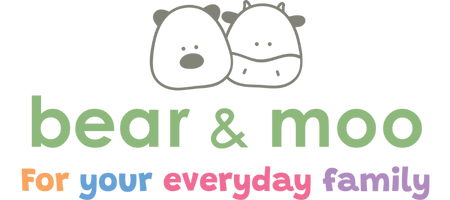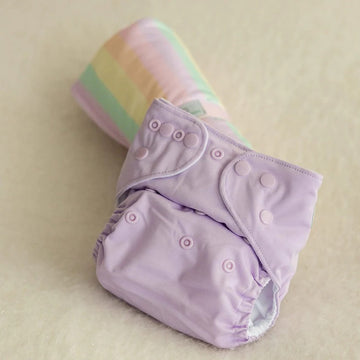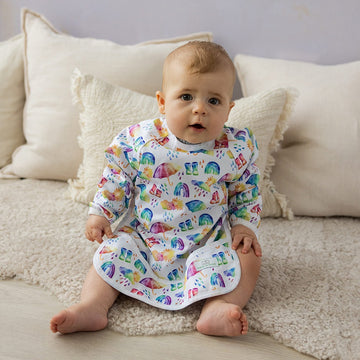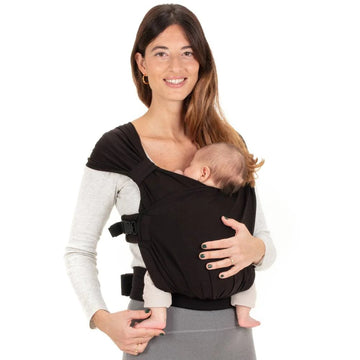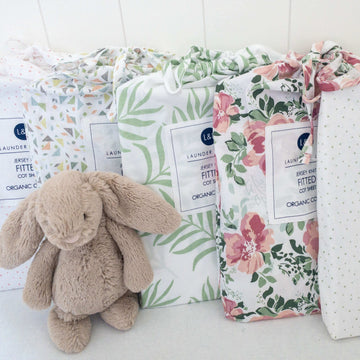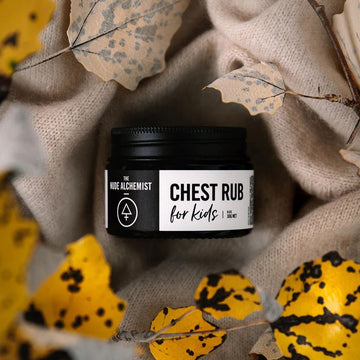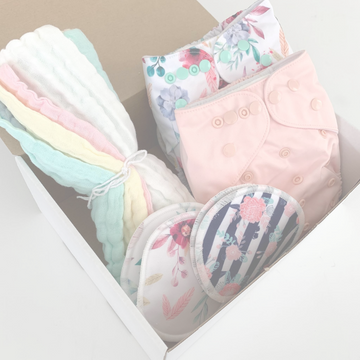Welcoming a new life into the world is the most wonderful and life-changing experience, but it’s also a physically and emotionally demanding one. After birth, your body needs special care and attention to recover and adapt to the new demands of motherhood. There are many nutrients mothers need post-birth to reduce nutrient depletion and to promote healing and balance. I know and understand it can be hard and sometimes tricky to get the nutrients you need while you’re looking after a newborn, breastfeeding (if you choose to), maybe you have other kids to look after, you’re dealing with sleep deprivation, it’s a lot. Focusing on a few foundational practices daily can truly make the biggest difference to how you feel physically and emotionally postpartum and help you to heal and thrive.
In this blog post, I’ll be sharing with you some meal plan ideas, snack ideas, supplement recommendations, plus a few lifestyle tips to help you nourish and heal your body during your postpartum phase.
Meal Plan Ideas
When it comes to postpartum nutrition our nutrient requirements are higher than they were during pregnancy. This is because all of that growing, stretching, supporting, and expanding takes a huge toll. Not only does your body require nutrients for optimal health, but also to help your body heal from birth (whether vaginal or C-section) and then more nutrients to support the demand lack of sleep and breastfeeding puts onto your body.
Meals should be based around quality proteins, lots of fibre-rich vegetables, healthy fats, and wholefood sources of carbohydrates. Quality protein should be the star of every meal and snack you eat. It provides your body with amino acids needed to heal, they help to balance blood sugar levels to support stable energy levels, and they help to switch off hunger hormones so you don’t feel hungry all the time. The most nutrient-dense protein foods you can eat are organ meats, red meat, chicken, fish, and eggs, these provide your body with iron, B12, choline, DHA, and vitamin D, these nutrients are needed for postpartum healing and also to support the growth and development of your baby. Here are a few meal plan ideas that are not only nourishing but easy to prepare (they are also freezer-friendly so are great to make before the baby's due date).
- Simple chicken soup, I love adding chopped potato or a can of butter beans to this to bulk it up a little more during the postpartum phase
- Beef chilli made using grass-fed beef mince, chicken liver, onion, garlic, carrot, capsicum, celery, black beans, canned tomato, dried herbs, chili flakes, paprika, bone broth
- Sheet pan with chicken drumsticks, chopped potatoes, carrots, courgette, capsicum, and onion (one-pan meals are great and quick to throw together). Enjoy this as it is or toss the roasted veggies through some pesto and spinach for extra flavour and nourishment
- Sheet pan meal with salmon steak, green beans, and broccoli, enjoyed this with basmati rice and a drizzle of tahini dressing
- Slow-cooked pulled pork salad, enjoy with coleslaw in taco shells
Snack Ideas
Snacks should be based around a protein and/or a healthy fat source. They are the most nutrient-dense foods your body needs during the postpartum phase. If you’re breastfeeding your calorie requirements go up quite a lot, so you also want to ensure the snacks you eat are nutrient-dense and contain enough calories to meet the extra demands of breastfeeding. Also, by basing your snacks around protein and fats it’ll help to elongate your blood sugar levels and keep you feeling satiated, so you’re not driven by your hunger hormones to snack all day long. Here are some nourishing snack ideas.
- Coconut or Greek yoghurt with paleo granola and a handful of berries
- A small handful of raw nuts, you could enjoy this with a sliced apple or pear
- 1 fruit smeared with a tablespoon of nut butter
- A cup of bone broth + seaweed snacks + 3 Brazil nuts
- Crackers topped with cheese and sliced tomato
- Peanut butter chocolate lactation blend
- Homemade paleo protein bar
- Double chocolate paleo lactation cookies
Supplement Support
Since the postpartum period puts even more demand on your body than pregnancy it’s even more important to ensure you are taking quality supplements during this phase of life to ensure you reduce depletion and deficiencies, and to help keep you feeling your best.
You want to continue to take your prenatal supplement for at least 6 months postpartum, minimum. If you breastfeed longer than 6 months then continue to take your prenatal for as long as you breastfeed. You also want to continue to take a high quality sustainably sourced omega-3 supplement high in DHA. Research shows that not only does DHA help to reduce inflammation, it also helps to improve mental focus, reduce the risk of postpartum depression, and provide your baby (if breastfeeding) with better brain and visual development. Bone broth is also very nourishing and healing to sip on postpartum as it is a rich source of collagen and minerals like zinc, iron, selenium, calcium, and boron.
Lifestyle Recommendations
You want to be kind and gentle on your body during your postpartum phase. It’s a time to heal, rest when you can, and connect with your baby. Take the pressure off yourself to “have to do it all”, let the house get messy, let the washing pile up. Focusing on simple self-care practices during your early postpartum phase can do wonders for your mental and physical health. Here are a few suggestions to support your body.
- Nap when you can. Your circadian rhythm has been thrown out of whack with regular night wakes to feed your baby. Make the time and effort to nap while your baby naps. A 30-minute nap (especially during the trimester 4 phase) can go a long way and help you to feel a little more restored.
- Make your slow cooker your best friend. Your body needs nourishment, but you don’t have to spend hours in the kitchen making time-consuming meals. Chop up some quality protein and veggies, throw them into the slow cooker with some bone broth, add some carbs (quinoa/rice/potatoes), and let that simmer away all day so by the time evening rolls (and witching hour strikes) you’ve got yourself a nutrient-dense meal to lean on.
- Prioritize self-care. This doesn’t need to be daily, even just two or three times per week. It’s a great way to lift yourself up, feel grounded, and feel a sense of yourself again. You could ask your partner, a friend, or a family member to look after the baby for 10-30 minutes while you have a bath, take a longer shower and wash your hair, go for a swim at the beach, read a book while sipping on a cozy nourishing tea, meditate, journal, or go for a gentle walk. Use this time to do anything that you love and make you feel good, this will encourage your body to produce more happy, feel-good hormones which will help to lift your mind and spirit.
- If you had a vaginal birth using products which help to reduce inflammation and soothes everything down there such as a perineal relief spray or witch hazel spray can be really healing, and help to prevent infection. Or, if you suffer with hard sore nipples from the early days of breastfeeding, using silverette cups or hydrogel breast discs can be a wonderful way to heal broken and inflamed skin.
It’s not easy putting yourself first when you’ve got a new baby, but remember, self-care isn’t selfish. Supporting yourself first will give you a clearer headspace and give you the energy you need to love and care for your family.
